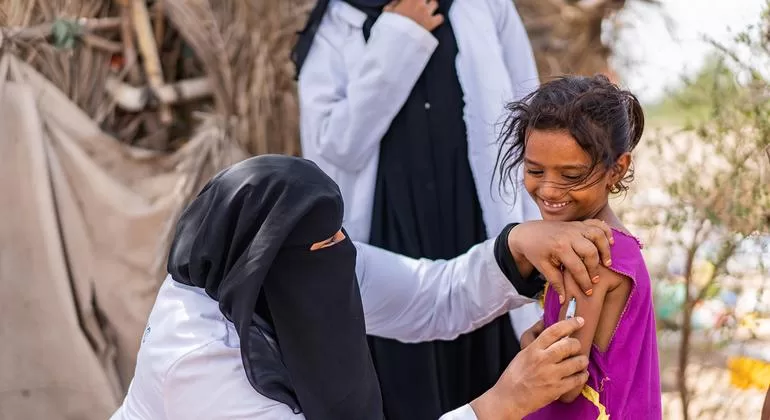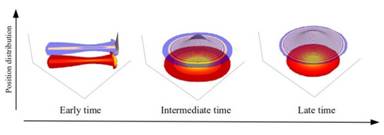The U.S. Food and Drug Administration (FDA) has updated the safety information for the Abrysvo and Arexvy vaccines, both of which are used to prevent respiratory syncytial virus (RSV) infections. New safety warnings have been added to the prescribing information, alerting healthcare providers and patients about a potential increased risk of Guillain-Barré syndrome (GBS) following vaccination.
Both vaccines, which are manufactured by Pfizer and GlaxoSmithKline, respectively, have been subject to postmarketing observational studies. These studies have shown that there may be a higher risk of GBS occurring within 42 days following vaccination with either Abrysvo or Arexvy. GBS is a rare but serious neurological disorder in which the body’s immune system attacks the peripheral nervous system, often leading to muscle weakness or paralysis.
Vaccine Details and Usage
Arexvy is specifically approved for preventing lower respiratory tract disease caused by RSV in individuals aged 60 and older. It is also authorized for use in people aged 50 to 59 years who are at increased risk for severe RSV infection.
Abrysvo, on the other hand, is approved for the same purpose in individuals 60 years of age and older and for those aged 18 to 59 years who are considered at higher risk for severe disease. Additionally, Abrysvo is the first RSV vaccine approved for use in pregnant individuals between 32 and 36 weeks of gestational age, with the goal of protecting infants from birth through 6 months of age from RSV-related lower respiratory tract illness.
Guidance for Healthcare Providers
Healthcare providers are now advised to be aware of the risk for GBS and consider it when making recommendations about RSV vaccination, particularly for individuals with a history of neurological issues. Patients should be monitored for any signs of neurological symptoms after receiving the vaccine, especially within the 42-day period following vaccination.
Next Steps and Ongoing Safety Monitoring
The FDA continues to closely monitor the safety of these vaccines and urges healthcare professionals and patients to report any adverse reactions to the Vaccine Adverse Event Reporting System (VAERS). In addition, the agency is working with the vaccine manufacturers to gather more information on the potential link between the vaccines and GBS.
As the situation develops, the FDA will provide additional updates to ensure that the public remains well-informed about the benefits and risks associated with the use of RSV vaccines.
For more detailed information, individuals are encouraged to consult their healthcare provider or visit the FDA’s official website.












